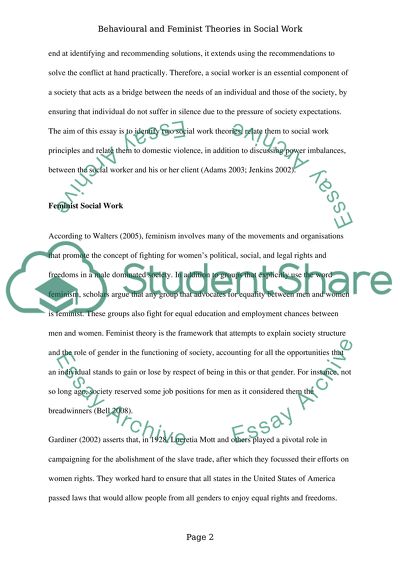Cite this document
(“Principles and Practice of Social Work - Theoretical Assignment Essay”, n.d.)
Retrieved from https://studentshare.org/miscellaneous/1587909-principles-and-practice-of-social-work-theoretical-assignment
Retrieved from https://studentshare.org/miscellaneous/1587909-principles-and-practice-of-social-work-theoretical-assignment
(Principles and Practice of Social Work - Theoretical Assignment Essay)
https://studentshare.org/miscellaneous/1587909-principles-and-practice-of-social-work-theoretical-assignment.
https://studentshare.org/miscellaneous/1587909-principles-and-practice-of-social-work-theoretical-assignment.
“Principles and Practice of Social Work - Theoretical Assignment Essay”, n.d. https://studentshare.org/miscellaneous/1587909-principles-and-practice-of-social-work-theoretical-assignment.


